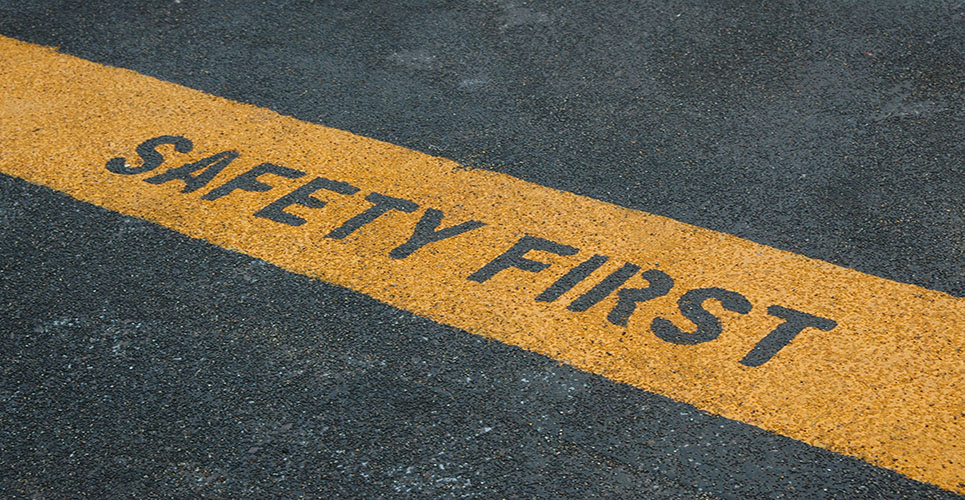The pharmaceutical industry is experiencing a major drive towards increased, layered brand security, following stark revelations about the prevalence of counterfeit drugs and their destructive impact on society.
The United Nations (UN) estimates that some 30% of anti-infective treatments in Africa and Southeast Asia are fakes, while the European Federation of Pharmaceutical Industries and Associations (EFPIA) discovered that over 11 million illegal medicines were stopped at EU borders in 2009 alone.
It is believed that around half of all anti-malarial drugs in Africa are fakes and the World Health Organisation (WHO) has predicted that counterfeit drugs may be responsible for the deaths of more than 100,000 people every year.
These shocking statistics are causing legislative bodies such as the European Commission (EC) to stand up and take action against what is becoming a crisis that is spiralling out of control.
Earlier this year, the EU Falsified Medicines Directive 2001/83/EC was approved, calling for the outer packaging of all prescription medications produced within Europe to carry a unique, non-predictive alphanumeric number supported by tamper-evident labelling.
The EC hopes that its initiative will be at work within most European countries within the next 18 months.
Meanwhile, the Indian government has taken its own steps to shore up the safety and legitimacy of its pharmaceuticals by calling for all exports of pharmaceutical products to be bar-coded and ensuring that track-and-trace technology (a GS1 global standard prerequisite) is mandatory at all levels of packaging.
Turkey and Brazil are among a number of countries that have started to use mass serialisation to ensure the safety and legitimacy of their own pharmaceuticals.
Across the world steps are being taken to ensure a significant crackdown upon the many fraudsters within the pharmaceutical industry who have been allowed to roam free for too long.

